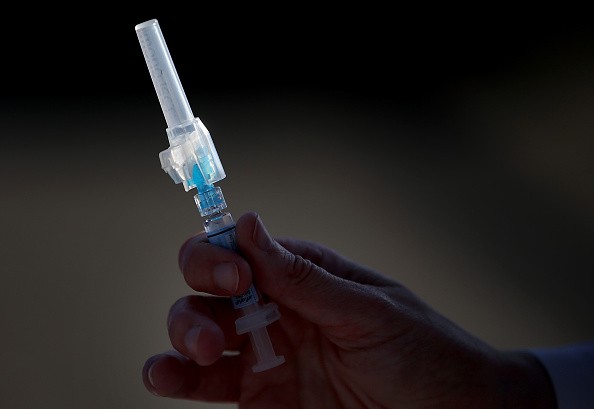
A new study shows that women on the injectable hormonal contraception, Depo-Provera, are at a higher risk for contracting HIV (human immunodeficiency virus) than those who are using other forms of birth control or those who do not use anything at all.
For the past 20 years, scientists have debated whether the use of hormonal contraceptives predisposes women to contracting HIV. However, a new study from UC Berkeley has shown a strong stand on the debate. Apparently, they concluded that the use of Depo-Provera (depot medroxyprogesterone acetate) predisposes women to a higher risk of HIV. However, contraceptive pills do not appear to increase the risk.
According to recent statistics, about 144 million women all over the world use hormonal contraception wherein 41 million use the injectable type and 103 million take in oral contraceptive pills.
The study, which was published in The Lancet Infectious Diseases, has included the review of 12 studies of more than 39,500 women in sub-Saharan Africa. Women using the injectable form are at 40% higher risk for developing HIV compared to other forms of contraception.
The risk, however, was lower in women in the general population who have a 31% higher risk than for women who are at higher risk like prostitutes. Yet, the link between the two was not clearly explained by the researchers.
According to Dr. Lauren Ralph, lead author of the study and an epidemiologist at UC Berkeley, "Banning DMPA would leave many women without immediate access to alternative, effective contraceptive options. This is likely to lead to more unintended pregnancies, and because childbirth remains life-threatening in many developing countries, could increase overall deaths among women."
They are therefore concluding and recommending having further evidences and studies regarding this topic to have a clearer knowledge of the rationale behind this association and how the injectable contraceptive can lead to such infectious and fatal disease.

